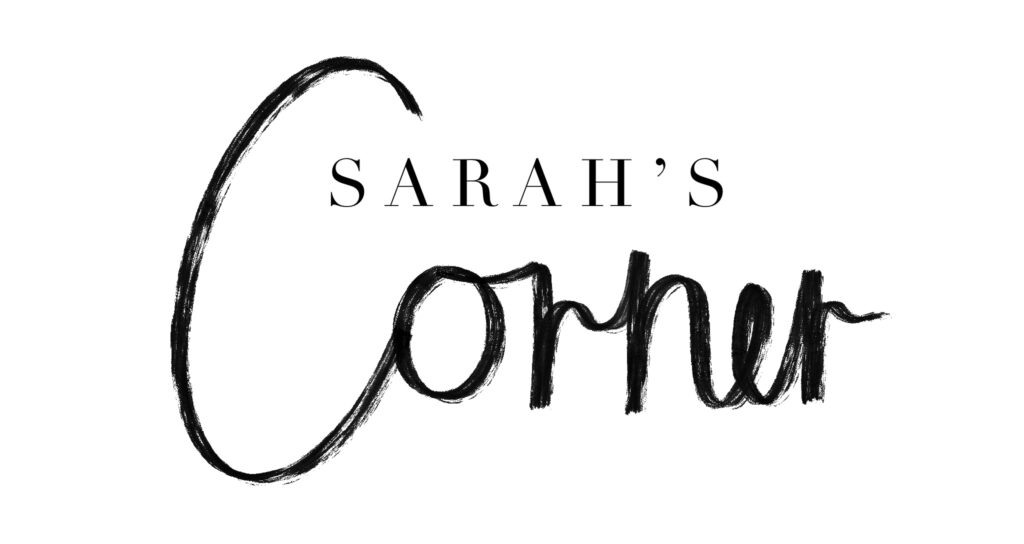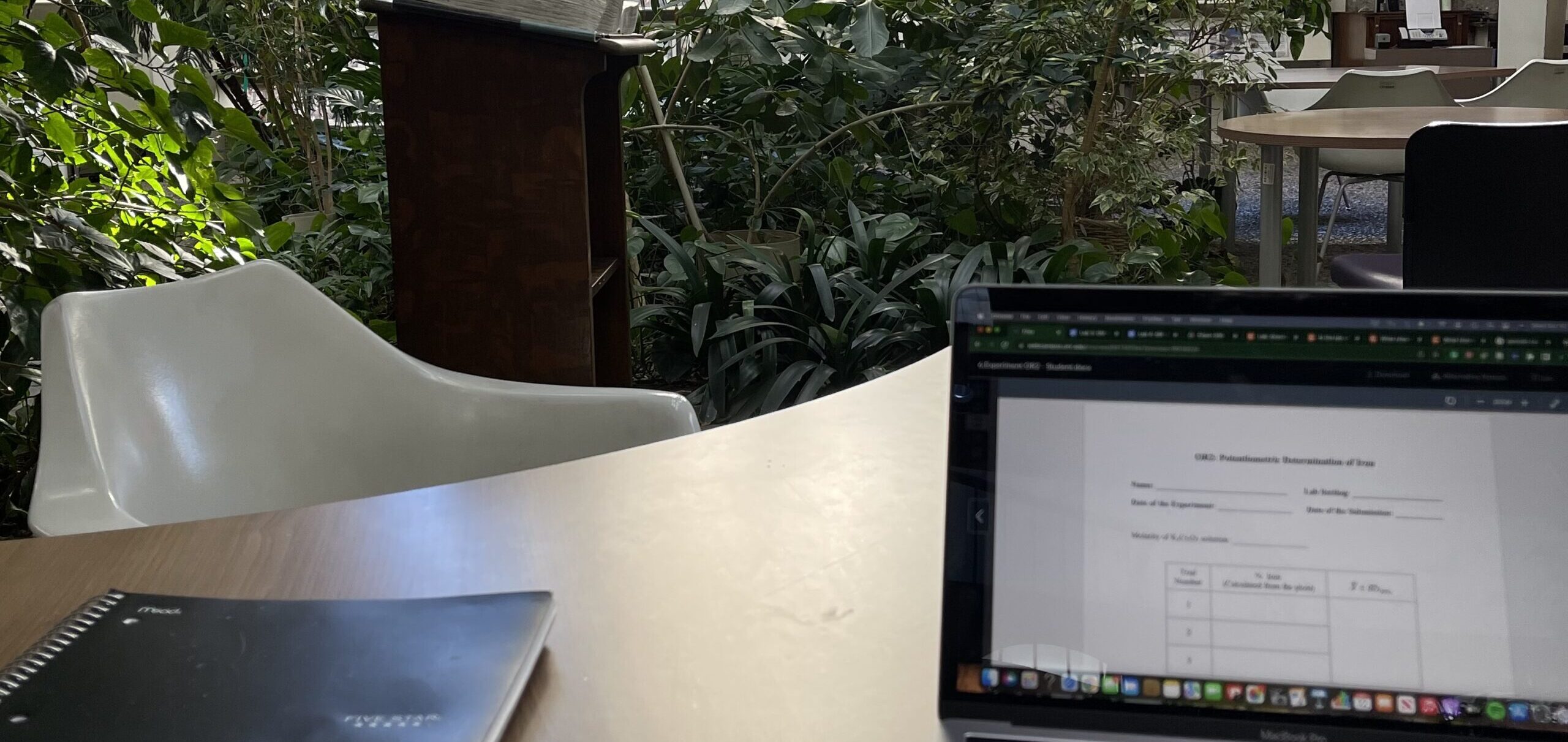Okay, a huge exam is coming up and you are stressed. This one exam could be the difference between an A or an F in the class
We need to set ourselves up for success. Part of doing well on exams has less to do with the material and more to do with our self-care and mindset beforehand
Take a deep breath, stay calm, and give these 3 things a try when preparing for your next big exam
Fuel your mind using food
You’ve probably heard the saying “You are what you eat,” which rings true when preparing for exams as well
Our brains use about 20% of our daily energy intake. Put this into perspective, an organ that is 1/50 of our body weight uses 1/5 of our energy 1
By making healthy choices while we study and before our exams, we can sharpen our focus and perform our best on exam day
Here are some foods to consider, and some to try to avoid 2…

Brain Boosters
| Avocados | Healthy fats and vitamin K support circulation and cognition |
| Beets | Nitrates support neural communication and circulation |
| Berries | Antioxidants help memory and cognition |
| Citrus Fruits | Vitamin C to aid concentration |
| Dark Chocolate | Caffiene and antioxidants support energy and cognition |
| Eggs | Vitamin B helps memory and mood |
| Fish | Vitamin B12 and Selenium aid memory |
| Vegetables | Carotenoids for mental performance |
Brain Busters
| Alcohol | Impairs memory and cognition |
| Aspartame (sugar-free products) | Impaired memory and leads to oxidative stress |
| Fast food | Impaired cognition and energy |
| Fried foods | Hinders memory and cognition |
| Processed food and carbs | Spike blood sugar and damage brain tissue |
| Soda/Juice Sugary drinks | High sugar content induces inflammation and weakens memory |
| Trans fats (frozen pizza, burgers, fried food, biscuits) | Impairs memory |
Hit the gym
By the way, you look amazing. This is not a looks thing, it’s a brain-boosting thing!
Exercise releases endorphins and dopamine which supports neuroplasticity (new connections within the brain), improves memory, and reduces stress
Exercise also boosts your energy! Oxygen is sent to your cells and mitochondria to produce energy. The body produces more mitochondria to support your activity which in turn, produces more energy 3
This does not have to be a hard workout either, in fact, light exercise is ideal. You don’t want to be sore and achy during your study session or exam
Depending on your fitness level, a light strength training session, a short run, or a quick 20-minute walk should do the trick!
Exercise also supports a good night’s rest, which leads me to the next tip…
Get your Beauty Sleep
You’ve heard it from doctors, parents, and peers; sleep is vital to success. So as tempting as that all-nighter study session may be, try to plan ahead to avoid doing so
Sleep supports the brain’s plasticity, which as we know from neuroplasticity above, is the building of connections and “inputs” within the brain
These “inputs” are the information and events of the day, any material you reviewed, or new information you learned. If you sleep too little you will have a harder time actively recalling that information 4
In brains lacking sleep, we see a buildup of beta-amyloid plaques; the same stuff that leads to cognitive diseases like dementia and Alzheimer’s disease
This beta-amyloid buildup is why we feel “brain fog” after a poor night’s rest
When we get enough sleep, our brain can naturally clear out these plaques to help us think clearly
Try to aim for 7 to 9 hours of sleep to feel fully rested come morning
Conclusion
- Eat a healthy and filling meal full of vitamins and antioxidants to support your cognition and memory
- Do some light exercise to boost your energy and relieve your upcoming test anxiety
- Get 7 to 9 hours of sleep to improve memory and brain plasticity
Sources
1) National University: Best Brain Foods for Studying
2) Healthline: Worst Foods for Your Brain
3) Harvard University: Does Exercise Really Boost Energy Levels?
4) John Hopkins: The Science of Sleep

